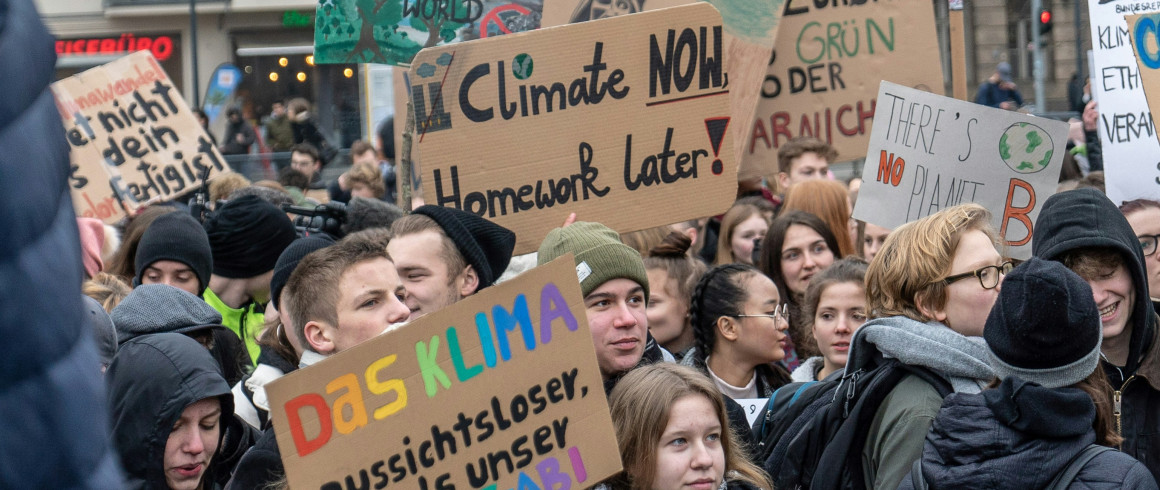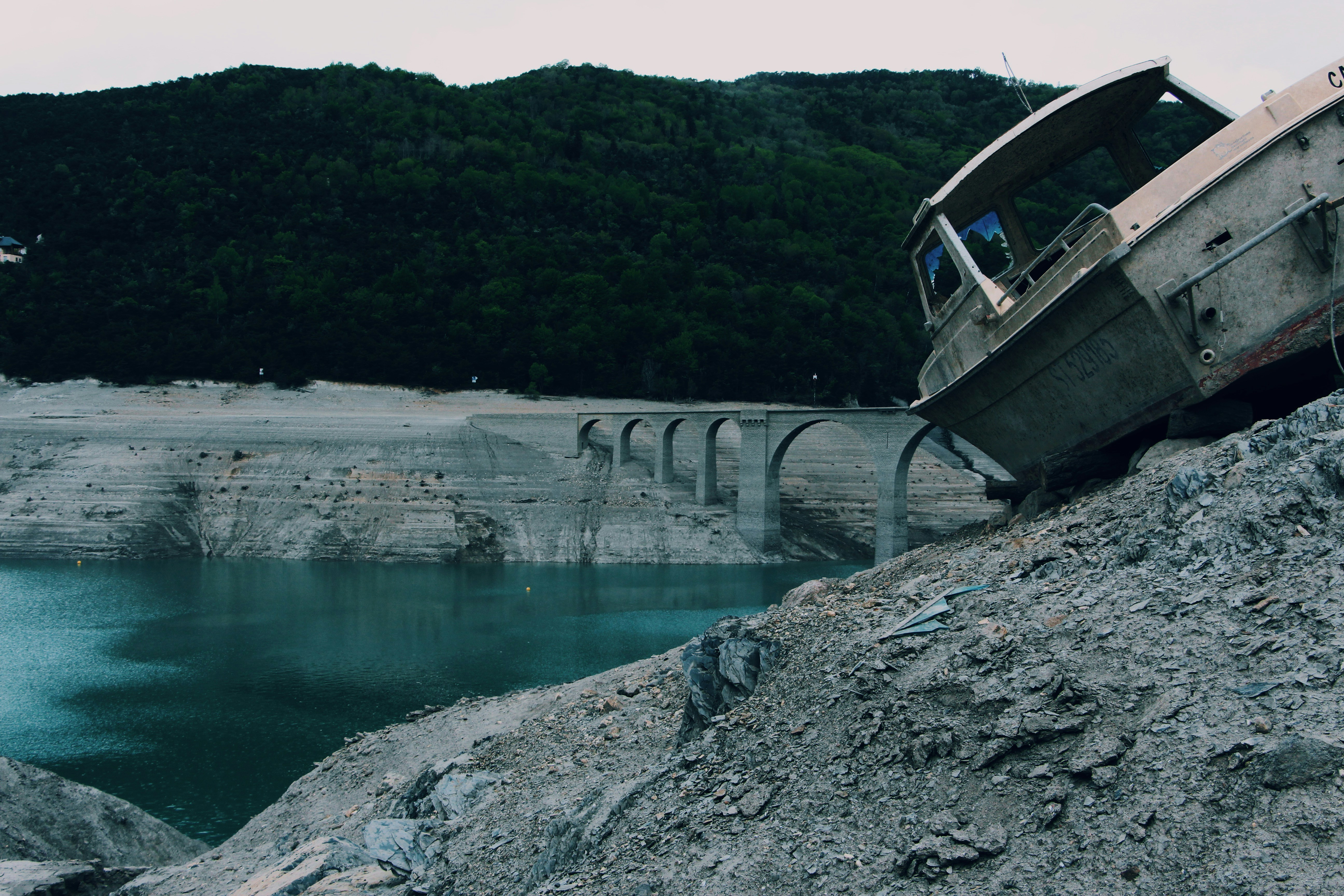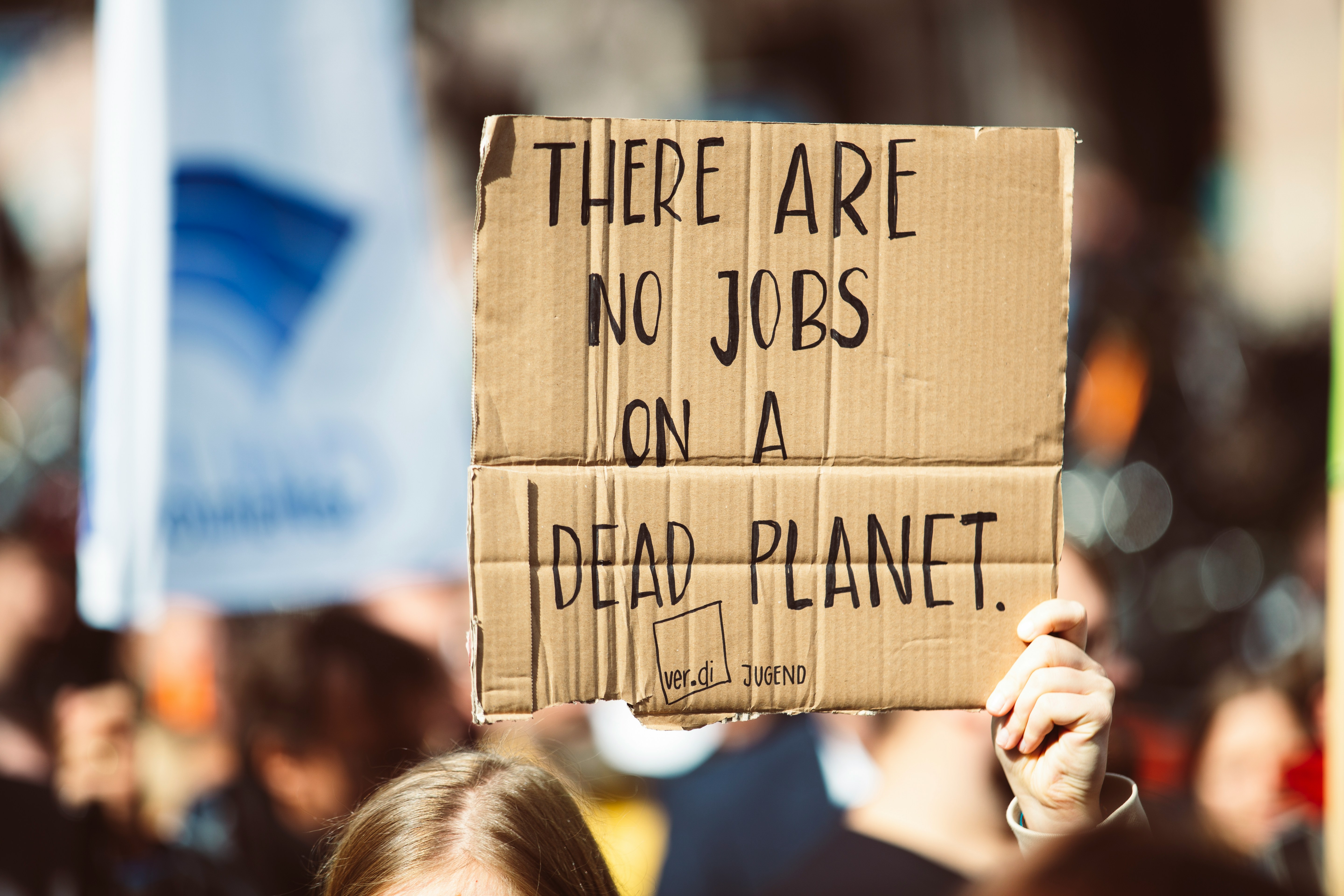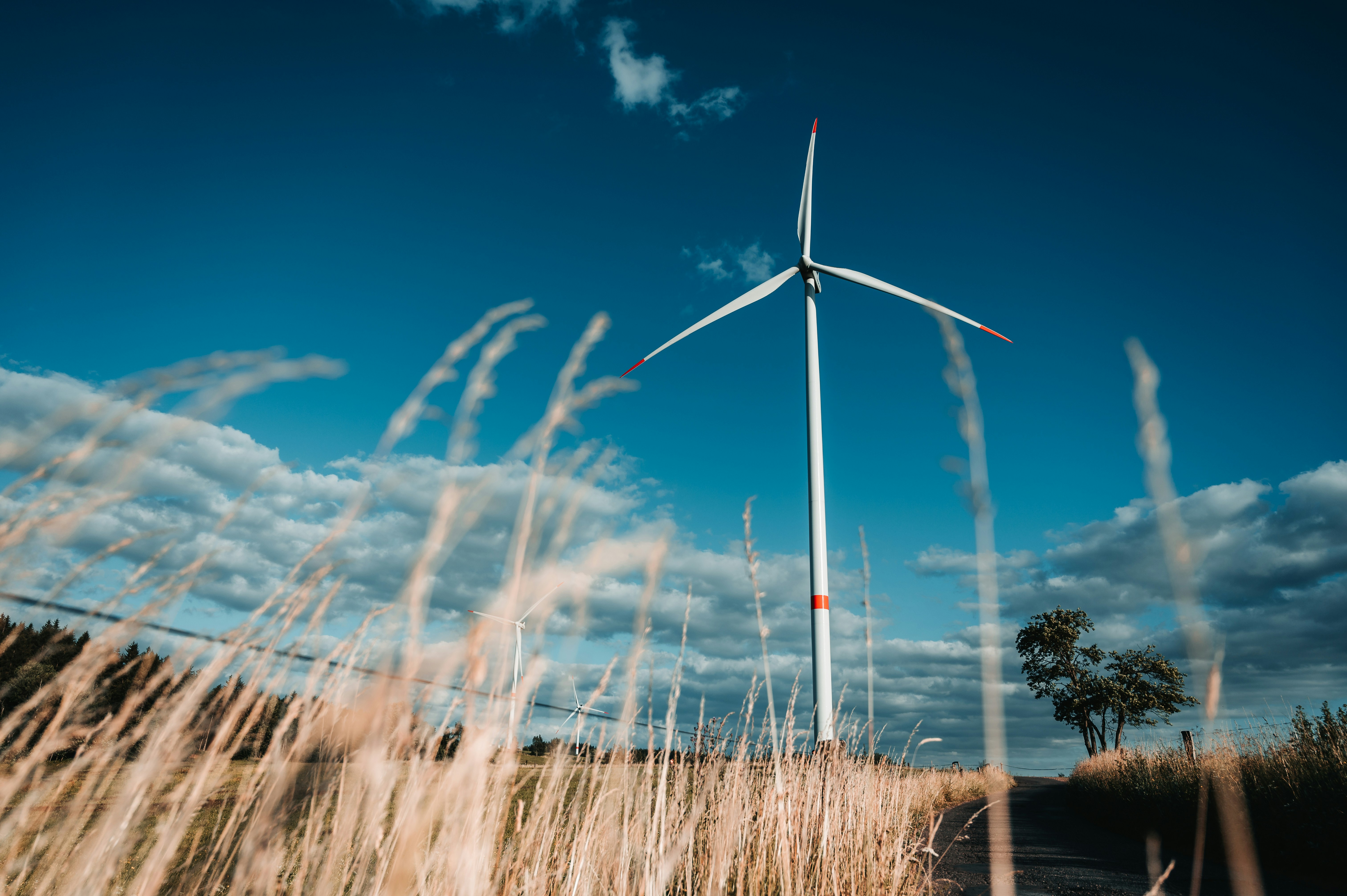March 2024 - Julia Bird (2005), William Pitt Seminar 2023 speaker and Economic Consultant
In our February blog the Master suggested that elderly short-termism holds political consensus hostage, and prevents young people from having a seat at the table.
This month Pembroke alumna Dr Julia Bird (2005) takes this one step further and argues that politics must take into account the needs of as of yet unborn generations, and make a much needed value judgement on what Economic trade-offs are needed right now in order for there to be a future.
Back in 2006, when I was an undergraduate in economics at Pembroke, the UK Government released the Stern Review. The report, detailing the extent to which climate change may affect the global economy, has gone on to have a huge impact on the climate change and policy debate. It sets out and measures how human-induced climate change will likely impact the environment, food security, water resources, health, and in turn the people that live on our planet both today and in the future.
What I didn’t realise at the time was just how influential the report would prove to be; in my career as an economic consultant working at the intersection of development and sustainability, the review is still frequently referenced by clients and colleagues globally. Yet central to the discussions provoked by the review - and debated in my lectures and supervisions at the time - is a question that stretches far beyond the physical science of climate change - how we think about and measure the impacts of decisions over time and over generations. How do actions, or inactions, impact both younger generations and future generations who do not yet exist? And how much does this matter?
As the Master notes in his February blog, our political system is skewed towards the elderly, who have both a greater propensity to vote and who, as discussed at last year’s William Pitt seminar, are becoming an increasingly large share of the population. Politics responds to this, and the risk is that younger generations are left behind, faced with higher student debt, insecure job prospects, inaccessible housing markets, alongside the increased cost of public pension liabilities and providing health and social care to meet older generations needs. Add to that the effects of continued and irreversible environmental degradation, of which climate change is just one part, and the potential for intergenerational conflict becomes very evident.
The term intergenerational conflict pits one group against another. When climate change is the focus, the inequalities in who has and continues to benefit from emitting behaviours, and who bears the brunt of the impacts, land not solely across generations, but also across continents, countries, urban and rural areas, income levels, sectors of work, genders – the list goes on. Ensuring the global green transition is a just transition is essential to minimising the risk of conflict, and ultimately, to ensuring the transition is successful.
As we look to mitigate emissions in order to limit the rise in global temperatures, the actions undertaken will have a different burden or benefit for different groups. Being both aware of this and able to measure it provides information for the electorate and policy makers to act on. For example, we can estimate the impacts of shifts in behaviours and policy on different economic sectors both today and in the long term and relate this to the actual people who work in those sectors. The recent announced closure of the Port Talbot steelworks is a case where we have collectively failed at this; the decline of the carbon-intensive steel sector in the UK was long expected, yet little preparation seems to have been made to prevent making many worse-off; those who are losing their jobs, their surrounding interlinked community, and the young who may have hoped for secure work there in the future.
At the same time, we need to consider the benefits of mitigating emissions, or indeed, the costs of not doing so. Here again, the impacts on different groups matter, but the challenge is often harder. How do we compare and trade-off the impacts of changing behaviour today to benefits felt not only within the lifetimes of those currently alive, but also on future generations? It’s relatively straightforward to see costs of investment decisions made a generation ago on the environment today; we can measure the pollution and emissions from power plants or diesel cars, and observe the impact on nature and the environment, and the health and well-being of those alive. We can feel the injustice of that. But we also now know with far more clarity both how past decisions have shaped the environment, and why those impacts matter; hindsight is wonderful thing. What about the decisions made today and how they may affect those who come after us?
The Stern Review and the surrounding debate grappled with this. Economists use discount rates to account for impacts occurring at different points in time; they enable us to compare the streams of costs and benefits inherent in decisions. This is all well and good if we are able, as a society, to collectively agree on how to make those trade-offs, and what the rate should be. But that rate is a value judgement. The uncertainty in the scale of climate impacts relative to the future scale of the economy, the availability of future technologies to address challenges, and above all, the philosophical question of how society should value future generations compared to those living, breathing, and working today. Stern placed an equal importance of those alive in the future to those alive now but recognised the many other uncertainties. I find it hard to see our political system doing this when it already struggles to place an equal value on the lives of those here today.
"How do actions, or inactions, impact both younger generations and future generations who do not yet exist? And how much does this matter?"
However, we have a lot more information that we did a generation ago. We know human induced climate change is happening, we can already see the impacts, and we have consistent forecasts on how this will worsen. We also know the many actions we can take to limit this. Younger voices are advocating for change and yet often their voices aren’t at the decision tables. Those yet to be born don’t have any voice in choices that will impact them greatly. The risk of intergenerational conflict is not going to go away, I’m sure that future generations of Pembroke students will be setting out the injustices in past decisions. But when we can see a clear line from our behaviours now to risks of conflict in the future, don’t we have a role as a society to listen to tomorrow’s voices, to collectively agree on how we value them, and to act.
Dr Julia Bird (2005) is an economist who currently works as an independent consultant, with expertise in sustainable economic development. After her undergraduate studies in maths and economics at Pembroke, she completed a PhD at Toulouse School of Economics, and was then a Junior Research Fellow at the University of Oxford. Her academic research has combined big data from satellite imagery and economic modelling to consider how to build urban resilience and improved livelihoods in rapidly growing cities in low- and middle-income countries
In recent years, Julia has worked for Vivid Economics and McKinsey Sustainability, developing their economic tools to address the links between climate change and living standards. She has helped firms and governments consider the impacts of their policies and investment decisions on climate change, and their adaptability and resilience to a rapidly evolving climate and natural world. She has advised both public and private institutions including the World Bank, the Asian Development Bank, ClimateWorks Foundation, and the FCDO. You can read more about Julia and her research over on her website.




